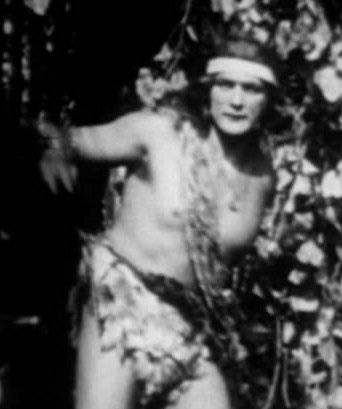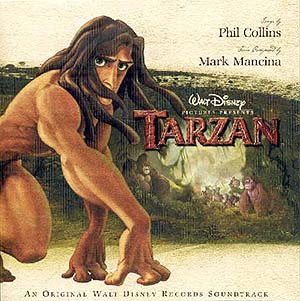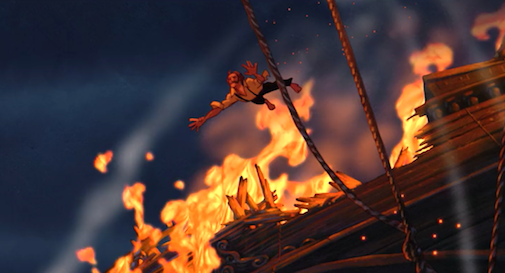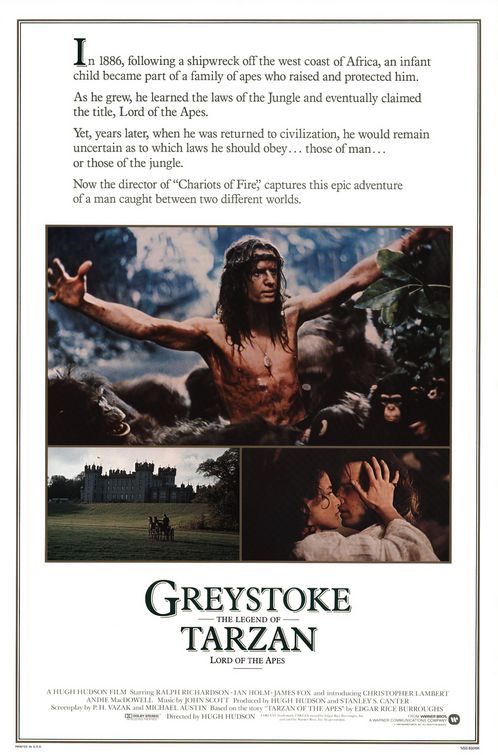Christmas today and Christmas back then...(at the movies)
 Saturday, December 25, 2021 at 9:00AM
Saturday, December 25, 2021 at 9:00AM MERRY CHRISTMAS EVERYONE.
 This picture has nothing to do with the post but it's Nicole Kidman three Christmases ago. Cheers!
This picture has nothing to do with the post but it's Nicole Kidman three Christmases ago. Cheers!
Years ago it was decided that we couldn't be celebrating movie anniversaries with utter randomness at the Film Experience so we committed to 10th, 25th, 50th, and 75th, and 100th parties. We stray often, especially if we're busy on "projects" like a Smackdown or what not, so this decision was useless and we'll probably drop it next year. Broader movie culture wouldn't play along anyway, celebrating all sorts of odd anniveraries (17th! 36th!) in order to just keep celebrating the same things over and over again. This is all a long way of getting around to the conceit of this post (GET ON WITH IT) which is
On this Christmas day in showbiz history, what was going on...
 10|25|50|75|100,
10|25|50|75|100,  1946,
1946,  1971,
1971,  Dirty Harry,
Dirty Harry,  Tarzan,
Tarzan,  The Razor's Edge,
The Razor's Edge,  The Yearling,
The Yearling,  War Horse,
War Horse,  christmas,
christmas,  moviegoing
moviegoing 








